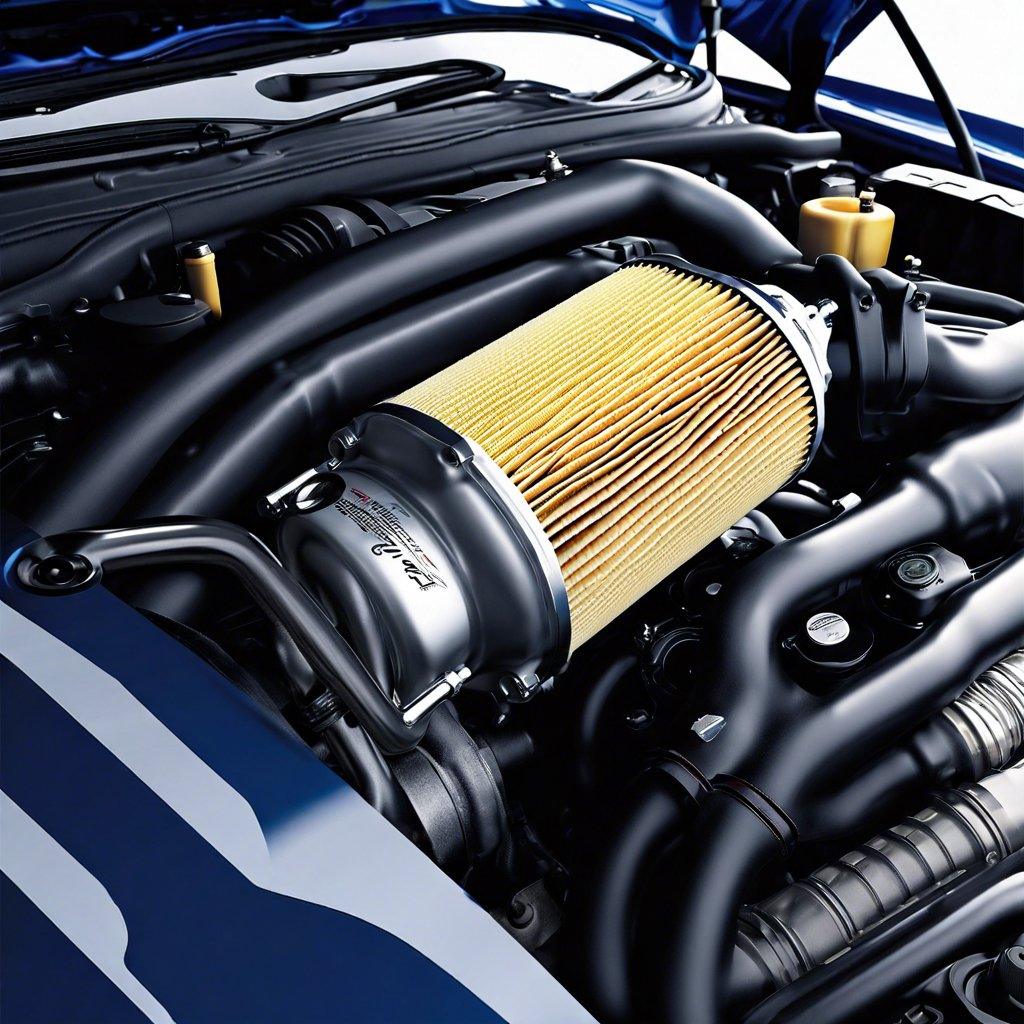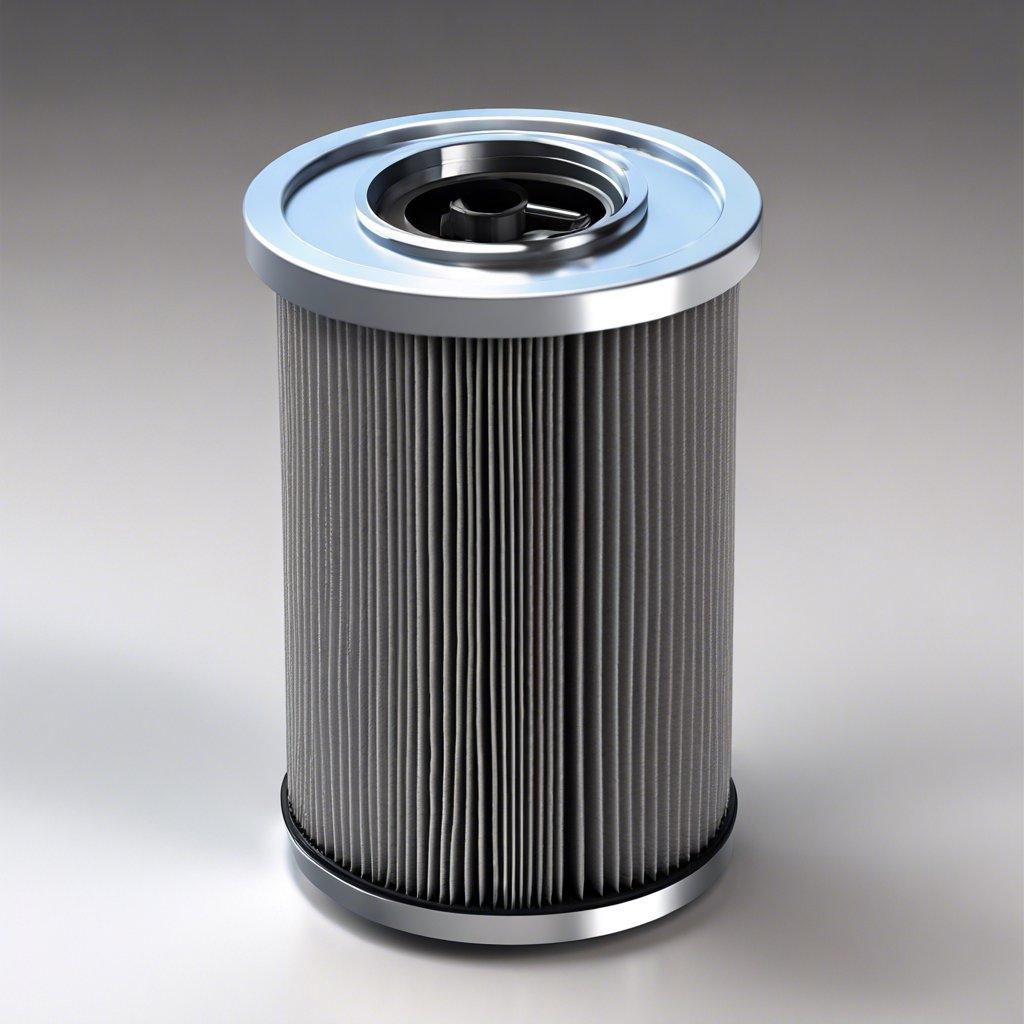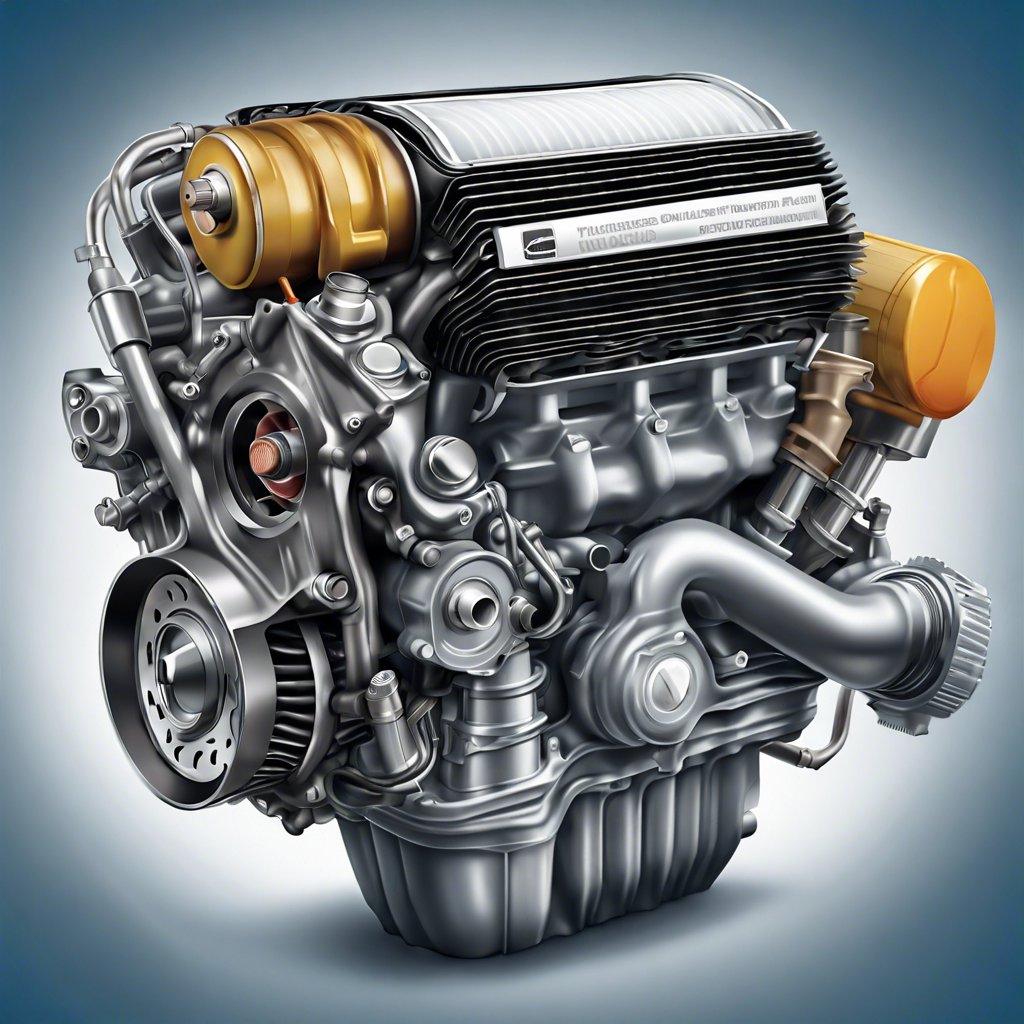The Real Cost of Replacing a Fuel Filter
The Hidden Expense: Unraveling the True Price Tag of Fuel Filter Replacement

The Hidden Cost of Fuel Filter Replacement
Fuel filters are an integral component of any vehicle’s fuel system, responsible for removing contaminants and ensuring the smooth flow of fuel to the engine. While the cost of the filter itself may seem relatively low, the true expense of replacing it goes far beyond the price tag. This article delves into the hidden costs and factors that contribute to the real price of fuel filter replacement, shedding light on the often-overlooked aspects of this essential maintenance task.
Labor and Expertise
Replacing a fuel filter is not a straightforward task, and it often requires the expertise of a skilled mechanic. The labor cost associated with the replacement can vary significantly, depending on the vehicle’s make, model, and accessibility of the fuel filter. In some cases, the filter may be located in a hard-to-reach area, necessitating additional time and effort to access and replace it. This labor cost can quickly add up, making the overall expense of the repair more substantial than the cost of the filter itself.
Potential Damage and Consequences
Neglecting to replace a fuel filter in a timely manner can lead to serious consequences, including:
- Engine Damage: A clogged or failing fuel filter can restrict the flow of fuel to the engine, causing increased strain and potential damage to critical components.
- Decreased Fuel Efficiency: A blocked fuel filter can reduce the engine’s ability to efficiently utilize fuel, leading to lower fuel economy and increased operating costs.
- Increased Emissions: A malfunctioning fuel filter can contribute to increased emissions, which can result in compliance issues and additional expenses related to environmental regulations.
Preventive Maintenance and Long-Term Savings
While the initial cost of fuel filter replacement may seem high, it is crucial to consider the long-term benefits of proactive maintenance. Replacing the fuel filter at the recommended intervals can:
- Extend Engine Life: Keeping the fuel system clean and well-maintained can significantly prolong the lifespan of the engine, avoiding costly repairs down the line.
- Improve Fuel Efficiency: A clean fuel filter can help maintain optimal fuel flow, leading to improved fuel efficiency and lower operating costs.
- Reduce Emissions: Proper fuel filter maintenance can contribute to reduced emissions, helping organizations meet environmental regulations and avoid potential penalties.
The true cost of fuel filter replacement extends far beyond the price of the filter itself. By understanding the hidden expenses, potential consequences, and long-term benefits of proactive maintenance, engineering and technology professionals can make informed decisions about fuel filter replacement and optimize their vehicle’s performance, efficiency, and compliance with regulations. Investing in this essential maintenance task can yield significant savings and ensure the continued reliable operation of your vehicles.
Understanding the Importance of Fuel Filter Maintenance
The fuel filter is a critical component in your vehicle’s fuel system, responsible for removing impurities and contaminants from the fuel before it reaches the engine. Neglecting to replace this filter at the recommended intervals can lead to a host of issues, from decreased fuel efficiency to engine damage. Proper maintenance of the fuel filter is essential to ensure the longevity and optimal performance of your vehicle.
The Hidden Costs of Fuel Filter Neglect
While the cost of a fuel filter replacement may seem negligible, the true cost of neglecting this maintenance task can be far more significant. Failing to replace the fuel filter can result in:
- Reduced Fuel Efficiency: A clogged fuel filter restricts the flow of fuel, causing your engine to work harder and consume more fuel to maintain the same level of performance.
- Increased Emissions: Poorly functioning fuel filters can lead to incomplete fuel combustion, resulting in higher levels of harmful emissions and a negative impact on the environment.
- Engine Damage: Contaminants in the fuel can wear down critical engine components, such as the fuel pump and injectors, leading to costly repairs or even complete engine failure.
Replacing a fuel filter is a straightforward task, but it’s important to follow the manufacturer’s recommendations and guidelines to ensure the job is done correctly. This includes:
- Identifying the correct fuel filter for your vehicle’s make, model, and year
- Safely draining the fuel system before attempting the replacement
- Properly disposing of the old filter in accordance with local environmental regulations
- Ensuring the new filter is installed correctly and securely
The Long-Term Benefits of Proactive Fuel Filter Maintenance
By prioritizing fuel filter maintenance, you can enjoy a range of long-term benefits, including:
- Improved Fuel Efficiency: A clean, properly functioning fuel filter allows for optimal fuel flow, resulting in better fuel economy and reduced operating costs.
- Enhanced Engine Performance: Maintaining a healthy fuel filter helps to maintain engine performance, reducing the risk of power loss, hesitation, or stalling.
- Extended Engine Life: Protecting your engine from contaminants can help to extend its lifespan, potentially saving you from costly repairs or premature replacement.
| Fuel Filter Replacement Interval | Recommended Frequency |
|---|---|
| Light-Duty Vehicles | Every 30,000 to 50,000 miles |
| Heavy-Duty Vehicles | Every 15,000 to 30,000 miles |
By understanding the true cost of fuel filter maintenance and taking proactive steps to replace it at the recommended intervals, you can help to ensure the long-term health and performance of your vehicle’s engine, ultimately saving you money and time in the long run.
Uncovering the Financial Implications: The Intricate Economics of Fuel Filter Upkeep
The Hidden Expenses of Fuel Filter Maintenance
As engineering and technology professionals, it’s crucial to understand the financial implications of fuel filter upkeep. While the cost of the filter itself may seem negligible, the broader economic impact can be significant, affecting everything from fuel efficiency to engine longevity.
The Domino Effect of Neglected Fuel Filters
A clogged or worn-out fuel filter can have a cascading effect on your vehicle’s performance and overall operating costs. Reduced fuel efficiency, increased engine wear and tear, and potential engine failure are just a few of the consequences that can arise from failing to replace the filter at the recommended intervals.
Quantifying the Cost Savings
Proactive fuel filter maintenance can yield substantial cost savings in the long run. By replacing the filter as per the manufacturer’s recommendations, you can:
- Improve fuel economy, reducing your overall fuel expenditure
- Extend the lifespan of your engine, avoiding costly repairs or replacements
- Minimize downtime and lost productivity due to unexpected breakdowns
The Comprehensive Cost Breakdown
| Cost Component | Estimated Range |
|---|---|
| Fuel filter replacement (parts and labor) | $50 – $200 |
| Increased fuel consumption due to clogged filter | $100 – $500 per year |
| Engine repair or replacement due to filter neglect | $1,000 – $5,000 |
| Downtime and lost productivity | Varies based on business operations |
The Bottom Line
Embracing a proactive approach to fuel filter maintenance can yield significant long-term savings and help optimize the performance and longevity of your vehicles. By understanding the comprehensive financial implications, engineering and technology professionals can make informed decisions that contribute to the overall efficiency and cost-effectiveness of their operations.
Beyond the Obvious: Unveiling the Surprising Fiscal Impact of Fuel Filter Renewal
Uncovering the Hidden Expenses
When it comes to vehicle maintenance, the replacement of a fuel filter may seem like a straightforward and relatively inexpensive task. However, the true cost of this seemingly minor repair extends far beyond the price tag of the part itself. As engineering and technology professionals, it is crucial to understand the broader financial implications of fuel filter renewal to make informed decisions and optimize your organization’s maintenance budget.
The Ripple Effect of Fuel Filter Replacement
Replacing a fuel filter is not merely about swapping out a single component; it is a process that can trigger a cascade of related expenses. From the labor required to perform the task to the potential consequences of neglecting this essential maintenance, the real cost of fuel filter renewal can quickly add up, often catching unsuspecting organizations off guard.
Labor Costs: The Hidden Expense
While the cost of the fuel filter itself may be relatively low, the labor required to replace it can be a significant expense. Factors such as the complexity of the vehicle, the accessibility of the fuel filter, and the expertise of the technician can all contribute to the final labor bill. Failing to account for these labor costs can lead to underestimating the true financial impact of fuel filter replacement.
Downstream Consequences: Avoiding Costly Repairs
Neglecting to replace a fuel filter on a timely basis can have far-reaching consequences. A clogged or degraded fuel filter can reduce engine performance, decrease fuel efficiency, and even lead to more severe issues, such as fuel pump failure or engine damage. The cost of these secondary repairs can far exceed the initial investment in fuel filter replacement, making proactive maintenance a financially prudent decision.
Optimizing Maintenance Schedules: A Strategic Approach
To effectively manage the financial impact of fuel filter replacement, it is essential to develop a strategic maintenance plan. This may involve establishing a routine replacement schedule, closely monitoring fuel filter condition, and leveraging data-driven insights to optimize maintenance intervals. By taking a proactive and informed approach, organizations can minimize the overall cost of fuel filter renewal and ensure the longevity and efficiency of their vehicle fleet.
Conclusion: Embracing the Full Picture
Fuel filter replacement is not just about the cost of the part itself; it is a complex process with far-reaching financial implications. By understanding the hidden expenses, potential downstream consequences, and strategic approaches to maintenance, engineering and technology professionals can make more informed decisions and optimize their organization’s maintenance budget. Embracing the full picture of fuel filter renewal is the key to achieving long-term cost savings and operational efficiency.
Key Takeaways
- Labor Costs: The labor required to replace a fuel filter can be a significant expense, often exceeding the cost of the part itself.
- Downstream Consequences: Neglecting fuel filter replacement can lead to more severe and costly issues, such as fuel pump failure or engine damage.
- Optimizing Maintenance Schedules: Developing a strategic maintenance plan can help organizations minimize the overall cost of fuel filter renewal and ensure the longevity and efficiency of their vehicle fleet.




Post Comment